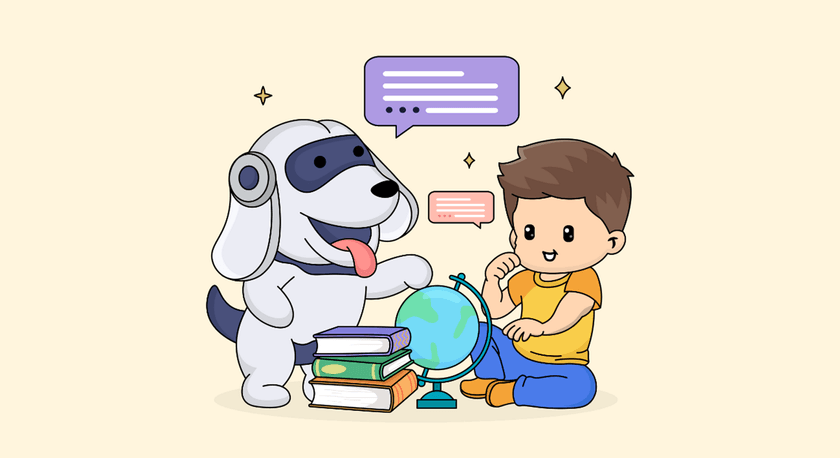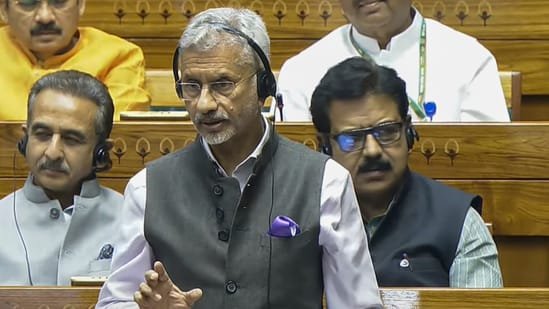
Google.org-Backed AI Tool ‘Appu’ Aims to Revolutionize Early Childhood Education in India
New Delhi: Artificial intelligence is set to play a key role in reshaping early childhood education in India, as Delhi-based non-profit Rocket Learning launches Appu, an AI-powered learning companion for children aged 3 to 6. Developed in collaboration with Google.org, Appu leverages generative AI to deliver personalised, conversational learning experiences, with a special focus on underserved communities.
Speaking to indianexpress.com at the launch, Rocket Learning’s co-founders Vishal Sunil and Azeez Gupta, along with Annie Lewin, senior director of global programmes and Asia Pacific at Google.org, discussed how Appu could address gaps in India’s early education system.
“We noticed that after six to eight months of engagement, parents and caregivers were telling us their children had outgrown standard educational videos. They were ready for more interactive and tailored learning,” Sunil said.
Rocket Learning, which currently reaches 3.2 million children across 10 states through its partnerships with Anganwadi centres, has developed Appu to move beyond linear, video-based learning models. According to Sunil, most EdTech platforms offer repetitive content, whereas Appu introduces dynamic, conversational teaching tailored to each child’s needs.
A Voice-First Approach for India
Designed as an affable elephant tutor, Appu encourages learning through dialogues, real-world objects, and contextual examples, adapting its responses based on the learner’s understanding. “Appu speaks directly to children and caregivers, adjusting its explanations when a child struggles with a concept,” Sunil explained.
Recognising India’s voice-centric communication culture, the tool is built to prioritise spoken interactions. “India leads globally in voice note usage. It was essential that Appu aligned with this behaviour,” Sunil added. Initially launched in Hindi, Appu will soon expand to 20 regional languages, including Marathi and Punjabi.
Human-Centred AI
Sunil emphasized that pedagogy was integrated into Appu’s development to ensure that AI complements, rather than replaces, human interactions. “We drew from extensive field research, studying how caregivers and teachers interact with children, making sure Appu reflects those best practices,” he said.
Appu offers short, two-minute AI-driven learning sessions that focus on engagement through relatable, everyday contexts. “We are not building an AI that just spits out answers. The goal is to create guided, human-like learning experiences within structured boundaries,” he added.
Google.org’s Role
Google.org has been a major backer of Rocket Learning’s AI project, contributing both funding and expert mentorship. “We seek out organisations with ambitious goals, capable teams, and a deep understanding of the societal challenges they’re addressing,” Lewin said.
Google.org has invested over $200 million globally in AI for social impact initiatives. “Beyond funding, we connected Rocket Learning with global experts in AI, UX design, and engineering to help fast-track Appu’s development,” Lewin added.
Balancing Innovation and Responsibility
Sunil acknowledged that creating AI tools for young learners requires a cautious approach, especially amid concerns over excessive screen time and AI dependency. “We want AI to spark curiosity, not diminish it. Appu is designed to encourage children to explore, question, and think critically,” he concluded.
With the introduction of Appu, Rocket Learning aims to set a new benchmark in how AI can be responsibly integrated into early childhood education, particularly for India’s underserved communities.



